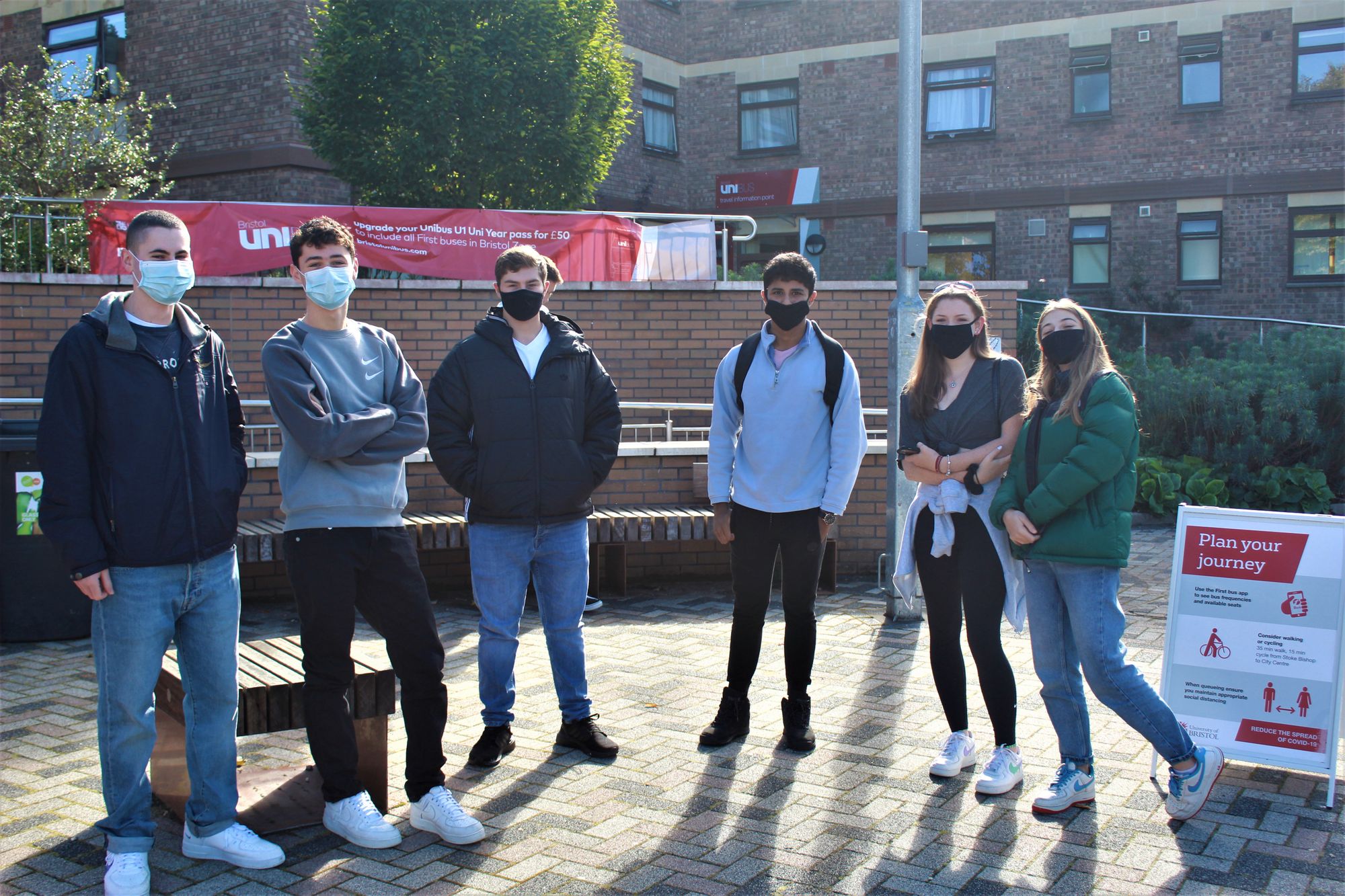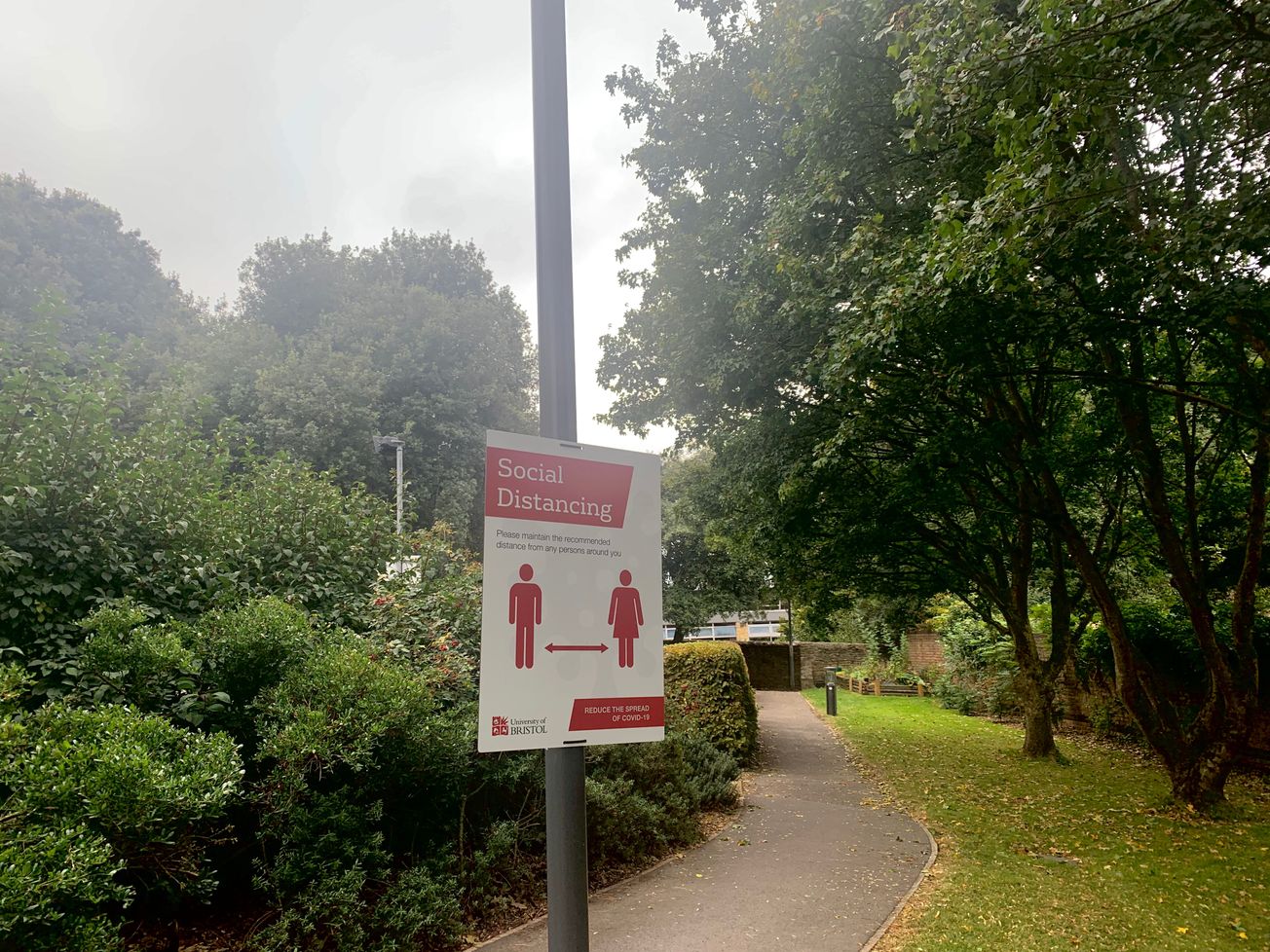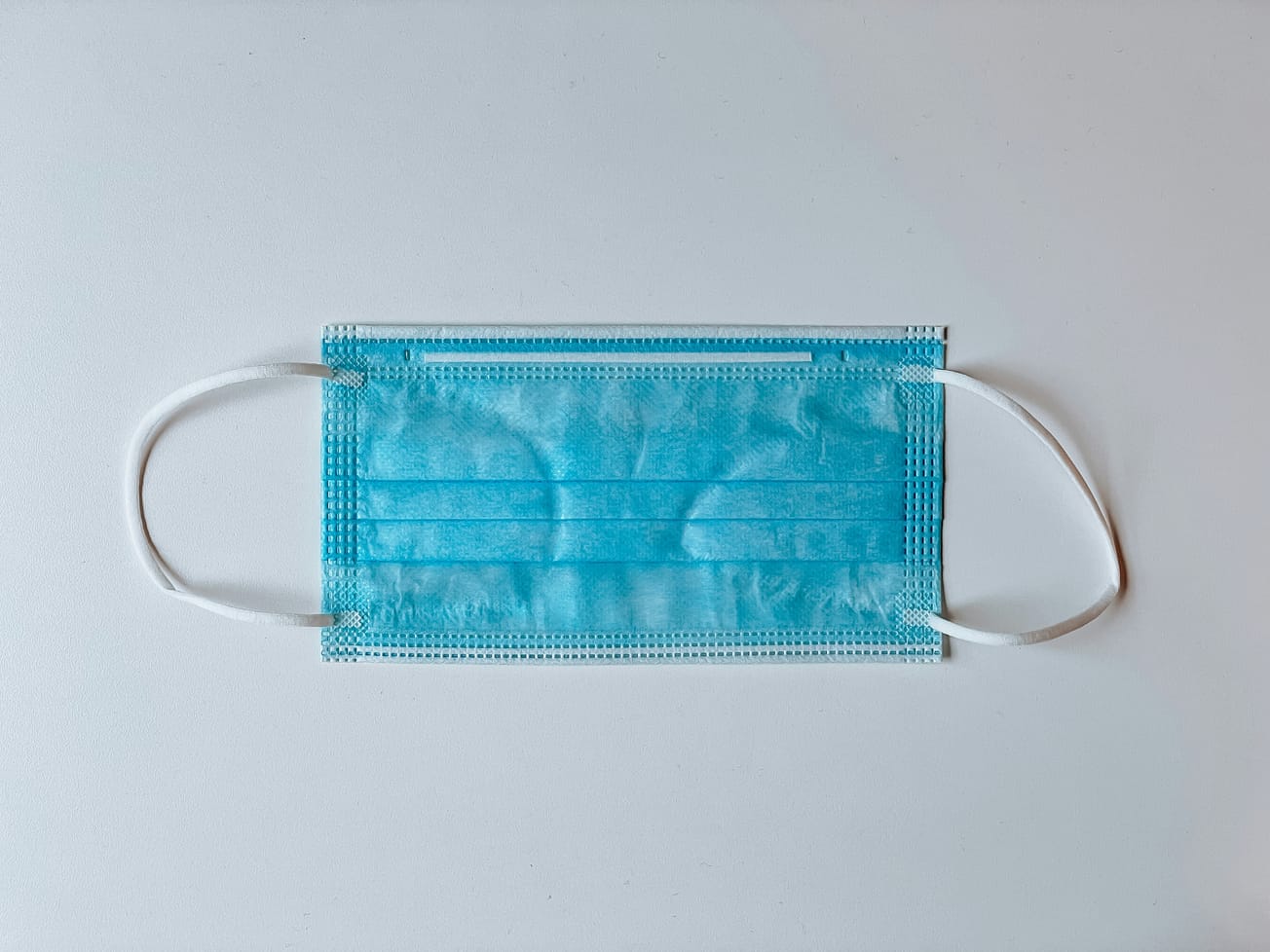By Kavya Sharma, Third Year, Philosophy and Theology
As we enter a period of renewed restrictions associated with Covid-19, it seems only logical to look at the effects of the pandemic to date while reviewing how people have interpreted it. Some have viewed it as a levelling force, but that is not the case.
A rose is a metaphor for life. In Dante’s Divine Comedy it represents God’s love, evolving to be synonymous to sanctity: the passion of Christ and the blood of martyrs.
The romantic rose as we know it is blood red, perfumed, and beautiful. So beautiful it is separated from its thorns; petal by petal scattered into water, exuding the passion of Aphrodite.
The claim that Covid-19 is an equaliser is little but a distorted myth
But who gets into the water with the roses? Not a God, not an Aphrodite, but Madonna - and not in the Biblical sense.
In a video posted to Instagram at the start of the pandemic, Madonna argued that despite fame and fortune, anyone can catch Covid-19. She monotonously concluded that Covid-19 could therefore be viewed as the “great equaliser.”
While valid in the first instance, the claim that Covid-19 is an equaliser is little but a distorted myth.
This is due to the obviously lower quality of life that the average person has when compared to that of celebrities who have the means to more than adequate health care, and experience lockdown in the luxury of mansions rather than the sometimes cramped conditions that normal people may be subject to.
This is likely to have been the case in Bristol. The Mayor, Marvin Reeves, has spoken of health inequalities in the city, where some live in the most deprived areas in the UK.
The symbols of the rose, the calmness of the water, the light of hope in the candles were disjointedly juxtaposed with the claim that “what’s terrible about [Covid-19] is what’s great about it”.
This may be a very difficult statement to let slide for those who do not know what they will do when furlough is lifted and jobs are lost.
Similarly, hearing that Covid-19 is ‘great’ may be particularly hard to stomach for those who are aware of just how disproportionately affected the BAME community has been, and that is before impoverished areas are even mentioned, with twice the death toll of their richer counterparts.
Covid-19 is far from being an equaliser
In a report by David Gordon, the director of the Bristol Poverty Institute, he stated that people in poor areas are more likely to be infected by Covid-19.
They are firstly more likely to have key worker jobs (which are much lower paid) and therefore come into contact with infected people more than those in richer areas who have been able to work from home.
They are also less likely to have fast internet and afford online food deliveries. But most poignantly perhaps, the population density in poorer areas is much higher than richer areas so the risk of coming into contact with people in their daily lives is much higher too.
We have all experienced Covid-19 differently, some affected more than others
Madonna, ladened with necklaces and bracelets counters this stark reality, highlighting difference, inequality and delusion, not to mention the dark truths beneath this simple statement. She is the epitome of the gap that has not been bridged.
In the video, Madonna was correct in that both rich and poor have caught and been affected Covid-19. But she was not right in terms of Covid-associated deaths.
In the same report, Gordon argued a higher risk of death from Covid-19 due to underlying health conditions: hypertension, diabetes, chronic respiratory disease and more.

Those in deprived areas are more likely to suffer from these and more due to living in cities and towns where there is greater pollution, but also a greater quantity of stress and risk of infections in childhood.
A rose is a metaphor for life. Light for hope. Raphael’s Renaissance painting Madonna of the Rose depicts the Virgin Mary cradling Jesus: a mother cradling a child, nurturing and protecting.
Perhaps it should be the role of the rich to protect the poor, to take social responsibility not only to educate themselves but actively aid more deprived areas globally.
Rather than offer a commentary on Covid-19, celebrities like Madonna have the means to donate to research, fund testing centres and use their influence to encourage “covidiots” to follow government guidelines.
Even as students, perhaps it is our own social responsibility and moral duty more than anyone’s, to follow government guidance and practise social distancing too. This is essential in order to not only protect ourselves but other global citizens.
The Disproportionate Educational Impact of Covid-19 on BAME students
Opinion | Breaking Covid guidelines should lead to disciplinary action
We have all experienced Covid-19 differently, some affected more than others. One needn’t look far for a wide variety of lockdown experiences: even as students it is undeniable that people’s way of experiencing lockdown has been radically different.
So perhaps the time has come for us to recognise this disparity and raise awareness of social issues tied to public health for the benefit of the wider population
The precedent set by Madonna in her rose-bath video, while perhaps well-intentioned, has not only mixed symbols but misinformed the masses. Covid-19 is far from being an equaliser, in fact, it shows where there is clear inequality.
The pandemic has shown the chasms in society, raising alarm for more practical action to “equalise” society.
Featured Image: Epigram / Filiz Gurer
Do you agree that Madonna's Instagram post was insensitive?









